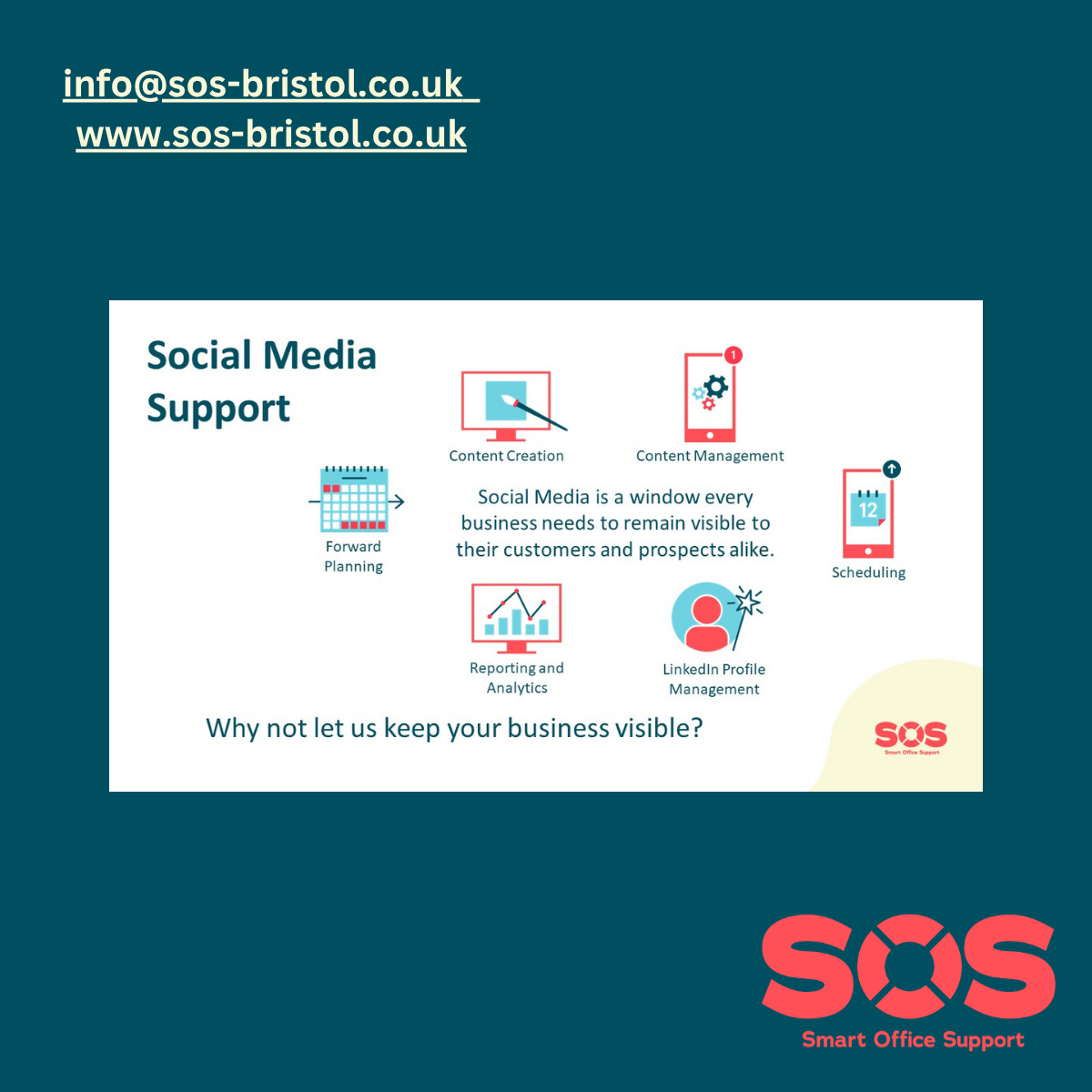Effective meetings are crucial for productivity and collaboration, and they should always start and end on time. However, one of the main challenges in organising any meeting is ensuring that everyone can attend, whether it’s an in-person gathering or a video conference. Here, we'll explore two approaches to scheduling meetings, along with other strategies to enhance their effectiveness.
Approaches to Scheduling Meetings
1. Send Invites Without Checking Availability
One straightforward approach is to send out meeting invites without prior consultation of attendees' schedules. The idea here is that if the meeting is deemed worthwhile, invitees will make an effort to attend. This method can be efficient for smaller teams or for urgent meetings where timing flexibility is limited. However, it may lead to lower attendance if potential attendees have conflicting commitments.
2. Schedule Based on Availability
A more inclusive approach is to book the meeting at a time when all invitees are available. This requires access to their calendars and relies on everyone keeping their schedules up-to-date. While this method may take more time upfront, it typically results in better attendance and ensures that all key participants can join.
Key Strategies for Effective Meetings
1. Avoid Back-to-Back Meetings
Ensure that there is sufficient time between meetings for attendees to take breaks, process information, and prepare for the next meeting. Overloading schedules with consecutive meetings can lead to burnout and reduced productivity.
2. Circulate an Agenda
An agenda is vital for keeping the meeting focused and on track. Send it out in advance along with any necessary documents attendees need to review. This ensures that everyone is prepared and can contribute meaningfully to the discussion.
3. Provide Sufficient Preparation Time
Ensure attendees have enough time to read any pre-meeting documentation. This preparation is key to having informed and productive discussions.
4. Record Responses and Send Reminders
Keep track of RSVPs and follow up with reminders to any invitees who haven't responded. This helps to minimise last-minute cancellations or no-shows.
5. Set the Next Meeting Date
For recurring meetings, include the date and time of the next meeting in the agenda. This helps everyone plan ahead and reduces scheduling conflicts.
Dealing with Persistent Latecomers
Even with the best planning, dealing with persistent latecomers can be challenging. Here are some strategies to address this:
🆘 Start on Time: Consistently starting meetings on time sets a precedent and encourages punctuality.
🆘 Acknowledge Punctuality: Recognise and appreciate those who arrive on time.
🆘 Address the Issue Privately: Speak privately with habitual latecomers to understand any obstacles they may be facing and work together to find a solution.
Organising and running effective meetings requires careful planning and consideration. By choosing the right scheduling approach, providing clear agendas, ensuring adequate preparation time, and addressing punctuality, you can enhance the productivity and efficiency of your meetings. Remember, the goal is to make the most of everyone's time and to foster a collaborative and productive environment.



















































.jpg)




